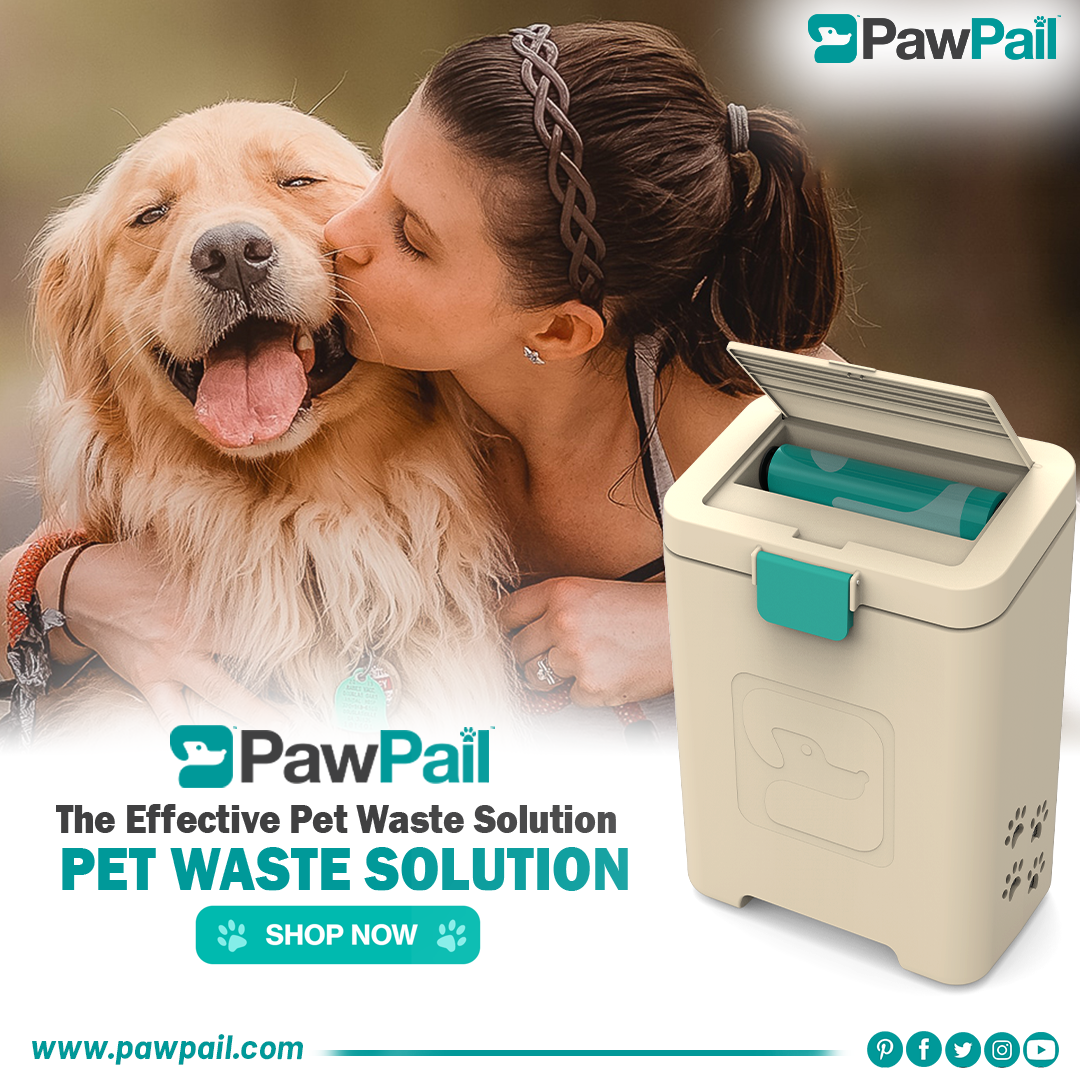
We love our dogs, but what about their poop? It's not something we like to think about, but as pet owners, we have a responsibility to properly dispose of our dog's waste. But is dog poop harmful or toxic? In this comprehensive guide, we will explore the risks associated with pet waste and provide information on how to properly dispose of it.
Understanding the Risks of Dog Poop
Dog poop may seem harmless, but it can pose significant health risks. Pet waste contains bacteria, parasites, and other harmful pathogens that can spread to humans and other animals.
According to National Library of Medicine:
"Dog faeces may be a serious hazard because they may contain microorganisms that are both pathogenic to humans and resistant to several classes of antibiotics."
Some of the most common risks associated with dog poop include:
-
Spread of Disease: Pet waste can contain harmful pathogens that can cause a range of diseases, including Salmonella, E. Coli, and Giardia.
-
Environmental Pollution: Dog poop can contaminate water sources and contribute to environmental pollution. When pet waste is left on the ground, it can wash into rivers, lakes, and streams, polluting the water and harming aquatic life.
-
Unpleasant Odors: No one likes the smell of dog poop. When pet waste is left on the ground, it can create an unpleasant odor that can be difficult to remove.
-
Attracting Pests: Pet waste can attract pests like flies, rats, and other rodents, which can spread disease and cause additional problems.
How to Properly Dispose of Dog Poop
Now that you understand the risks associated with pet waste, it's important to know how to properly dispose of it. Here are some tips for properly disposing of dog poop:
-
Use a Pooper Scooper: A pooper scooper is a device that allows you to pick up your dog's waste without touching it. This is a hygienic way to dispose of pet waste and helps to prevent the spread of disease.
-
Use Biodegradable Bags: When disposing of pet waste, it's important to use biodegradable bags that are designed to break down over time. These bags are more environmentally friendly than traditional plastic bags and help to reduce pollution.
-
Don't Flush Pet Waste: Pet waste should never be flushed down the toilet. Flushing pet waste can contribute to sewage backups and environmental pollution.
-
Dispose of Pet Waste in the Trash: Pet waste should be disposed of in the trash, not left on the ground or in the bushes. When disposing of pet waste, make sure to double-bag it to prevent the spread of disease.
-
Consider Composting: If you have a yard, consider composting your dog's waste. This is a more environmentally friendly way to dispose of pet waste and can help to fertilize your garden.
FAQs
- Is dog poop toxic to humans?
Dog poop can contain harmful pathogens that can spread to humans, including Salmonella, E. Coli, and Giardia.
- How long does it take for dog poop to decompose?
It can take up to a year for dog poop to decompose, depending on the environment and conditions.
- Can you get sick from stepping in dog poop?
You can get sick from stepping in dog poop if it contains harmful pathogens. Always wash your hands thoroughly after coming into contact with pet waste.
- Can you get sick from breathing in the smell of dog poop?
Breathing in the smell of dog poop can be unpleasant, but it is unlikely to make you sick unless it contains harmful pathogens.
- Is it safe to compost dog poop?
Composting dog poop can be safe as long as it is done properly. Make sure to use a separate compost bin and keep it away from any edible plants. Avoid using the compost on any plants.


